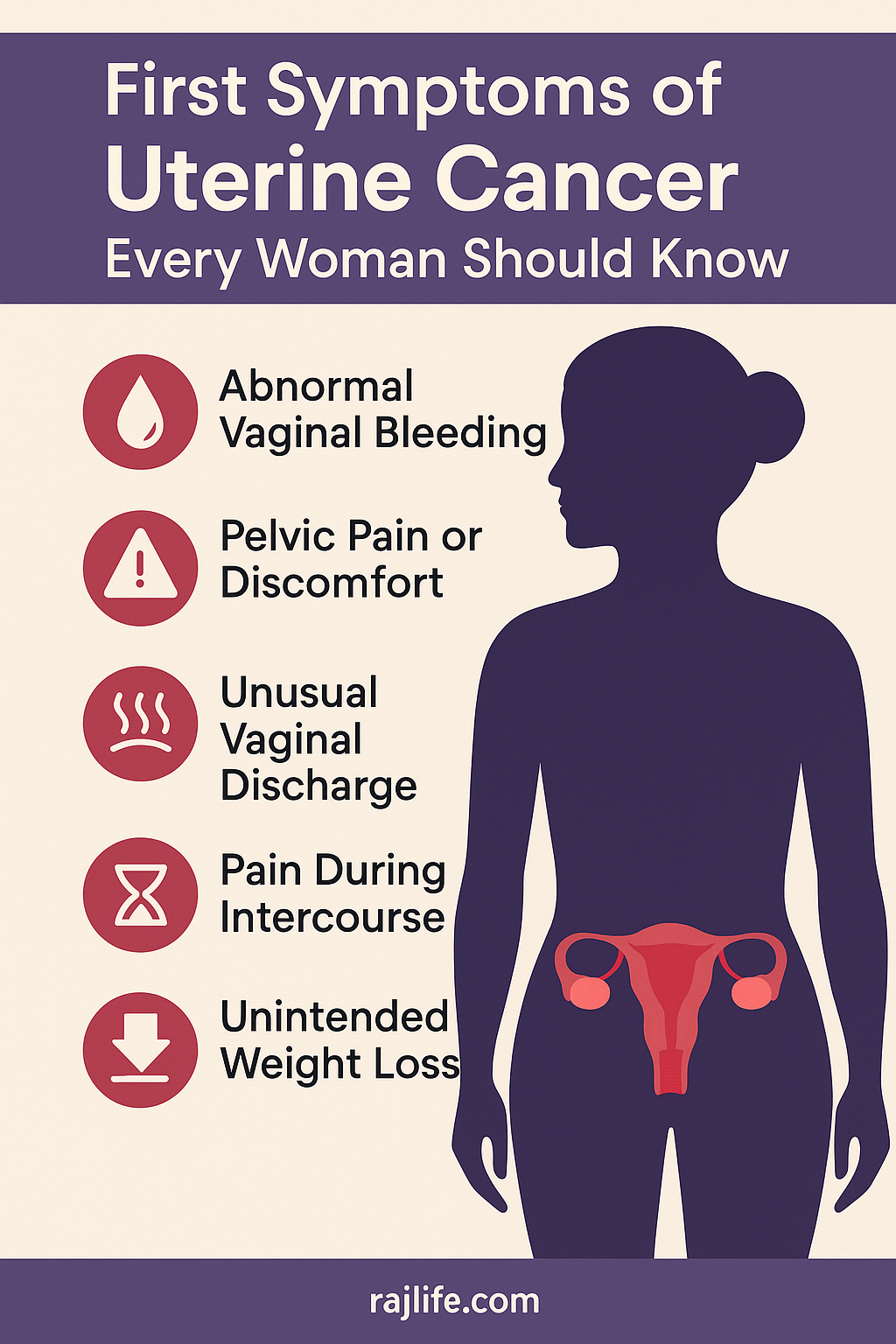Bone cancer include several different cancers that develop in your bones. Cancers that begin in your bone are called primary bone cancers. They most commonly affect children and young adults. Tumors that begin in organs or other parts of your body can also spread to your bones. Treatments include surgery, radiation therapy and chemotherapy.
What Are the 7 Warning Signs of Bone Cancer?
1. Persistent Bone Pain
What to Look For:
- Pain in the affected bone is the most common and earliest symptom of bone cancer.
- It may start as a dull ache and become more severe over time.
- Pain often worsens at night or during physical activity.
Why It Happens: The tumor growing in or near the bone can press on nerves and other tissues, causing pain. As the cancer progresses, the pain becomes more constant and intense.
When to Seek Help: If you experience persistent bone pain that does not improve with rest or over-the-counter pain relievers, consult a healthcare provider.
2. Swelling or Lump
What to Look For:
- Swelling or a noticeable lump near the affected area of the bone.
- The lump may feel firm or tender to the touch.
- Swelling might also cause visible deformity in the affected area.
Why It Happens: Bone cancer can cause inflammation or the growth of a tumor, leading to visible swelling or lumps. This symptom is more noticeable if the cancer is near the surface of the skin.
When to Seek Help: Any unexplained swelling or lump that persists for more than a few weeks should be evaluated by a doctor.
3. Reduced Mobility
What to Look For:
- Difficulty moving the affected limb or joint.
- Stiffness or reduced range of motion, especially if the cancer is near a joint.
Why It Happens: A tumor growing near a joint can interfere with its normal movement. Pain and swelling can further restrict mobility.
When to Seek Help: If reduced mobility is accompanied by other symptoms like pain or swelling, it’s essential to consult a healthcare professional.
4. Unexplained Fractures
What to Look For:
- Fractures occurring with minimal or no trauma.
- Pain and tenderness in the area of the fracture.
Why It Happens: Bone cancer weakens the structure of the bone, making it more prone to breaks or fractures, even under minor stress.
When to Seek Help: If you experience an unexplained fracture, especially in a bone that was already painful, seek immediate medical attention.

5. Fatigue
What to Look For:
- Persistent tiredness or lack of energy.
- Feeling exhausted even after adequate rest.
Why It Happens: Cancer affects the body’s ability to produce healthy blood cells, leading to anemia and fatigue. The body’s immune response to the cancer also contributes to energy depletion.
When to Seek Help: Fatigue alone may not indicate bone cancer, but when combined with other symptoms, it warrants a medical evaluation.
6. Unintended Weight Loss
What to Look For:
- Sudden, unexplained weight loss without changes in diet or exercise.
- Loss of appetite.
Why It Happens: Cancer alters the body’s metabolism and can cause a loss of appetite. This results in weight loss that may seem sudden or unexpected.
When to Seek Help: If you notice unexplained weight loss along with other symptoms, it’s essential to seek medical advice.
7. General Symptoms of Illness
What to Look For:
- Fever, chills, or night sweats.
- A general feeling of being unwell (malaise).
Why It Happens: Bone cancer can trigger systemic symptoms as the body’s immune system reacts to the disease. These symptoms are often non-specific but should not be ignored if they persist.
When to Seek Help: General symptoms, especially when combined with localized signs like bone pain or swelling, should prompt a visit to your doctor.
What Should You Do If You Notice These Signs?
If you or someone you know experiences one or more of these symptoms, it’s important to consult a healthcare provider. Early diagnosis of bone cancer often involves:
- Imaging Tests: X-rays, MRIs, or CT scans to identify abnormalities.
- Biopsy: A sample of the affected tissue to confirm the diagnosis.
- Blood Tests: To rule out other conditions and assess overall health.
Final Thoughts
Bone cancer is a serious condition, but early detection can significantly improve treatment outcomes. Understanding the warning signs—persistent bone pain, swelling, reduced mobility, unexplained fractures, fatigue, unintended weight loss, and general symptoms—is the first step toward timely intervention.
If you notice any of these symptoms, don’t ignore them. Consult a healthcare professional for an accurate diagnosis and appropriate treatment. For more health-related tips and resources, visit our blog at RajLife.com. Your health is our priority!









